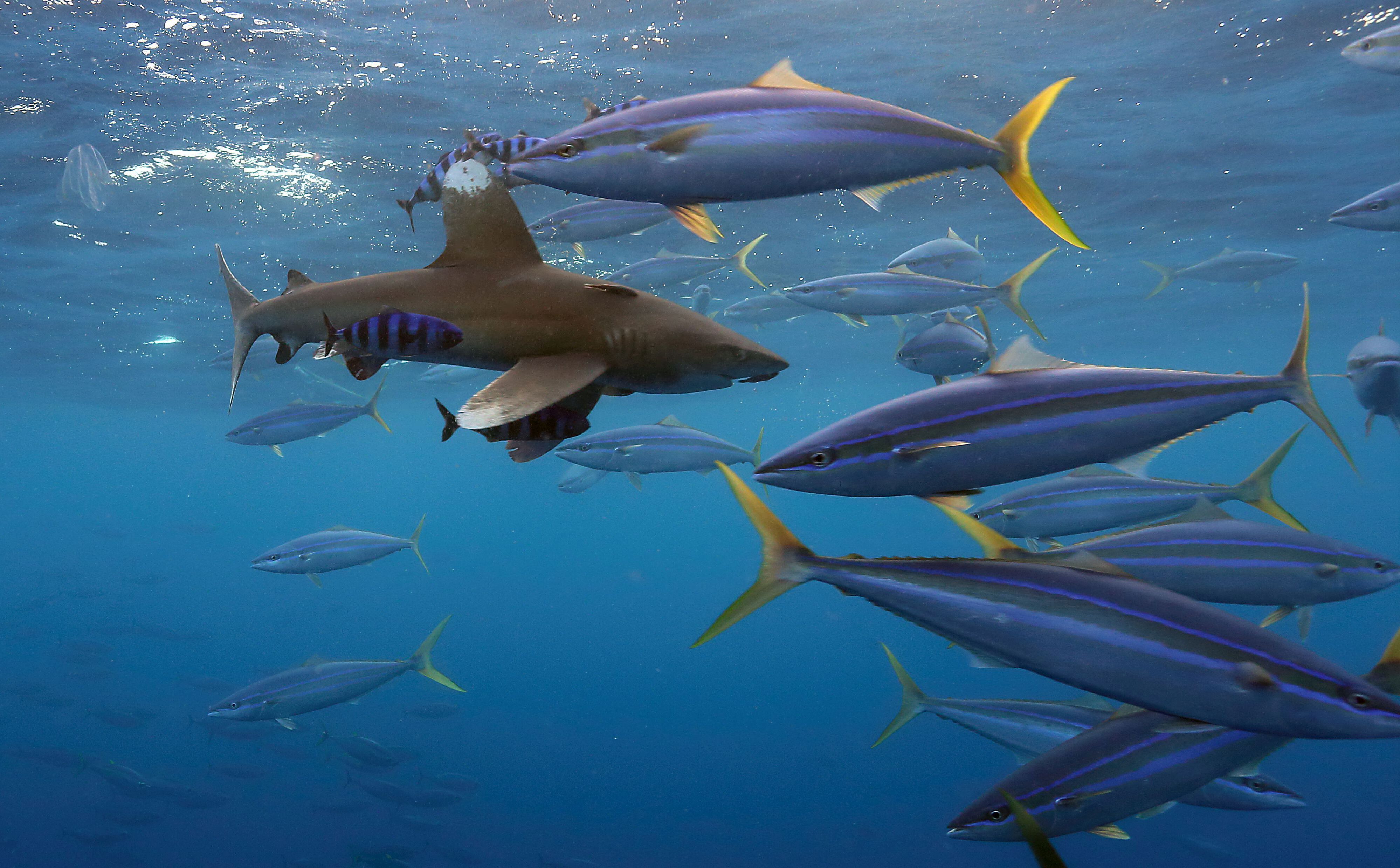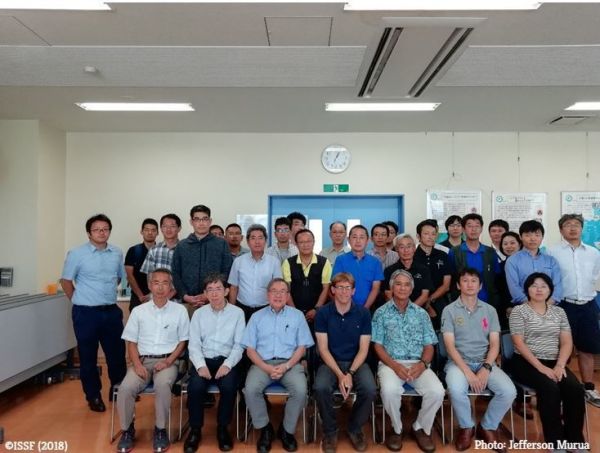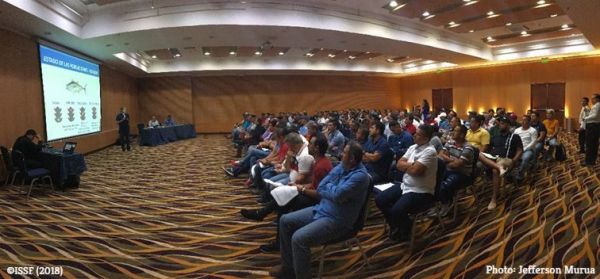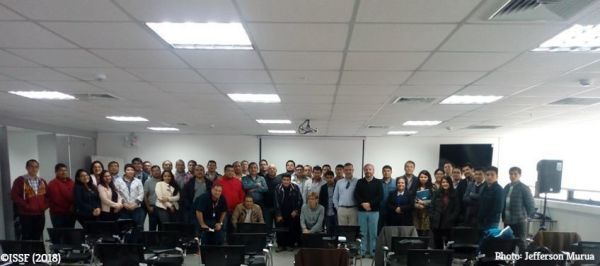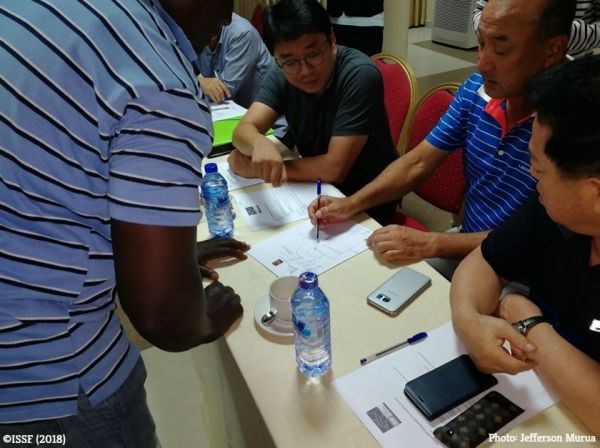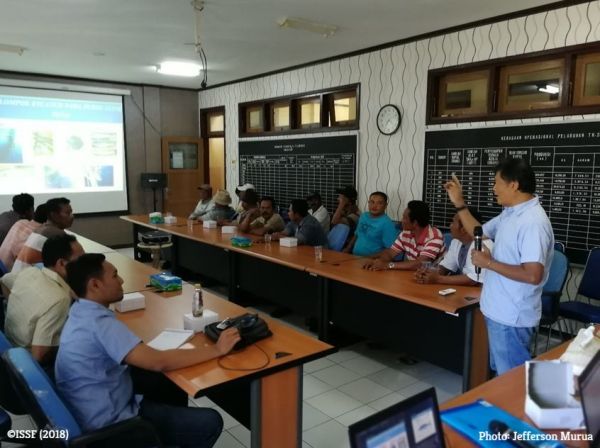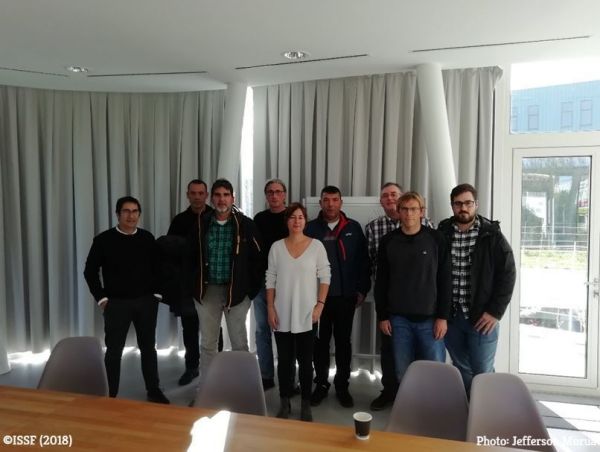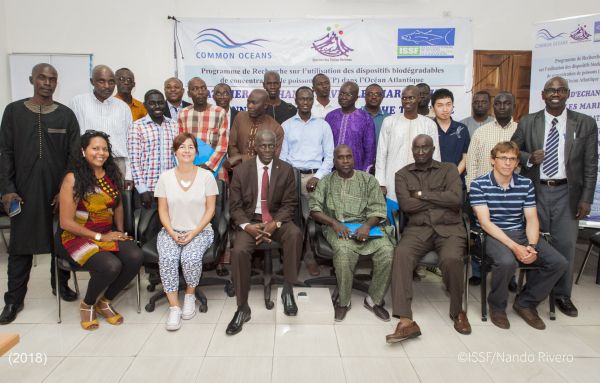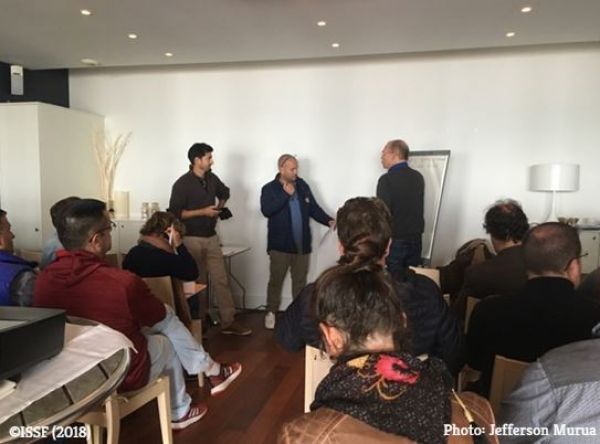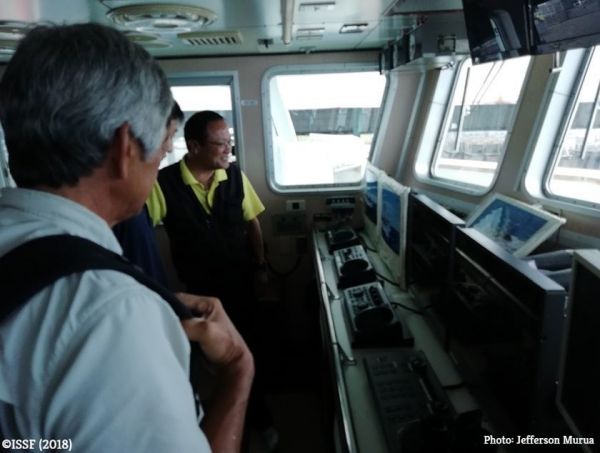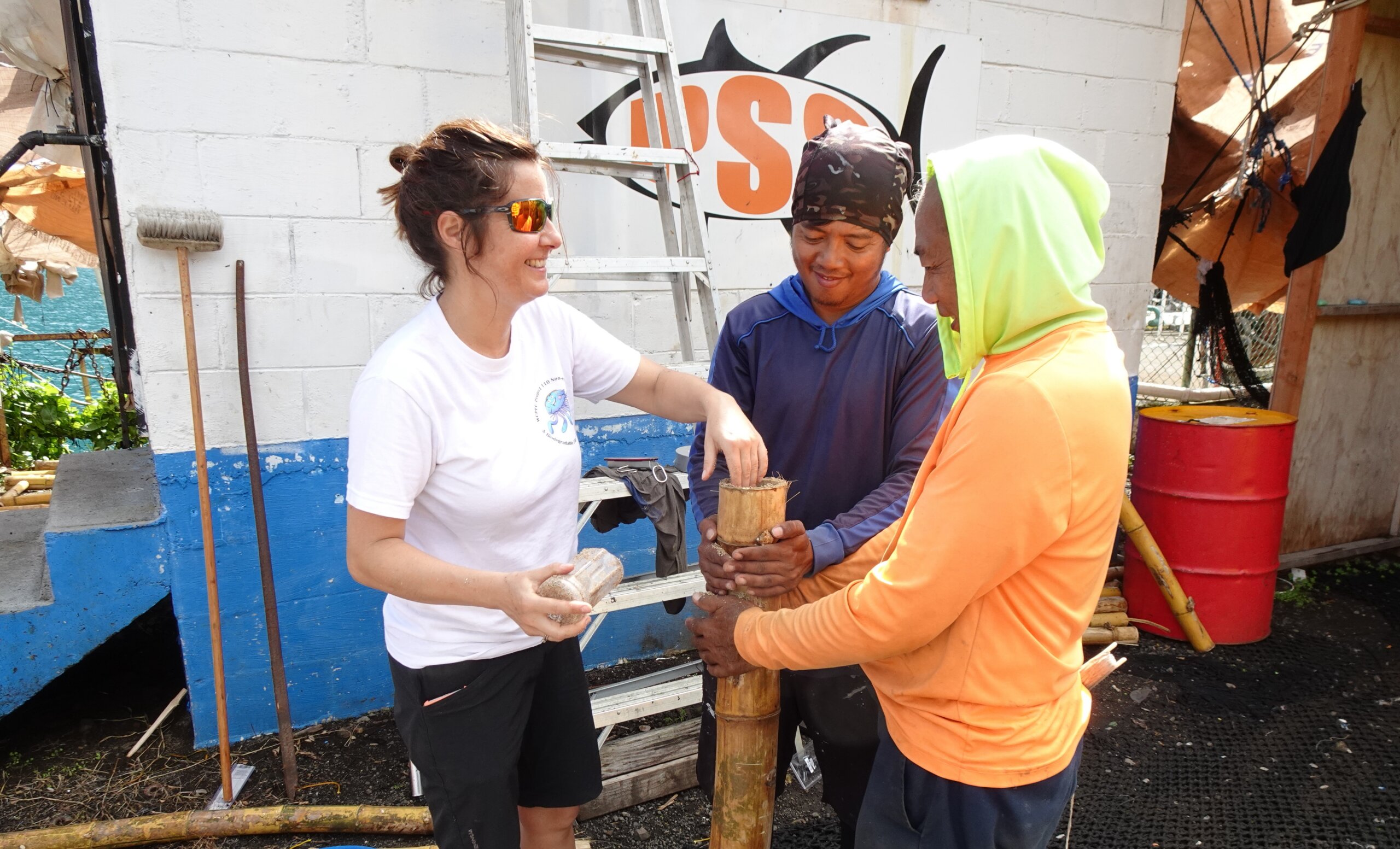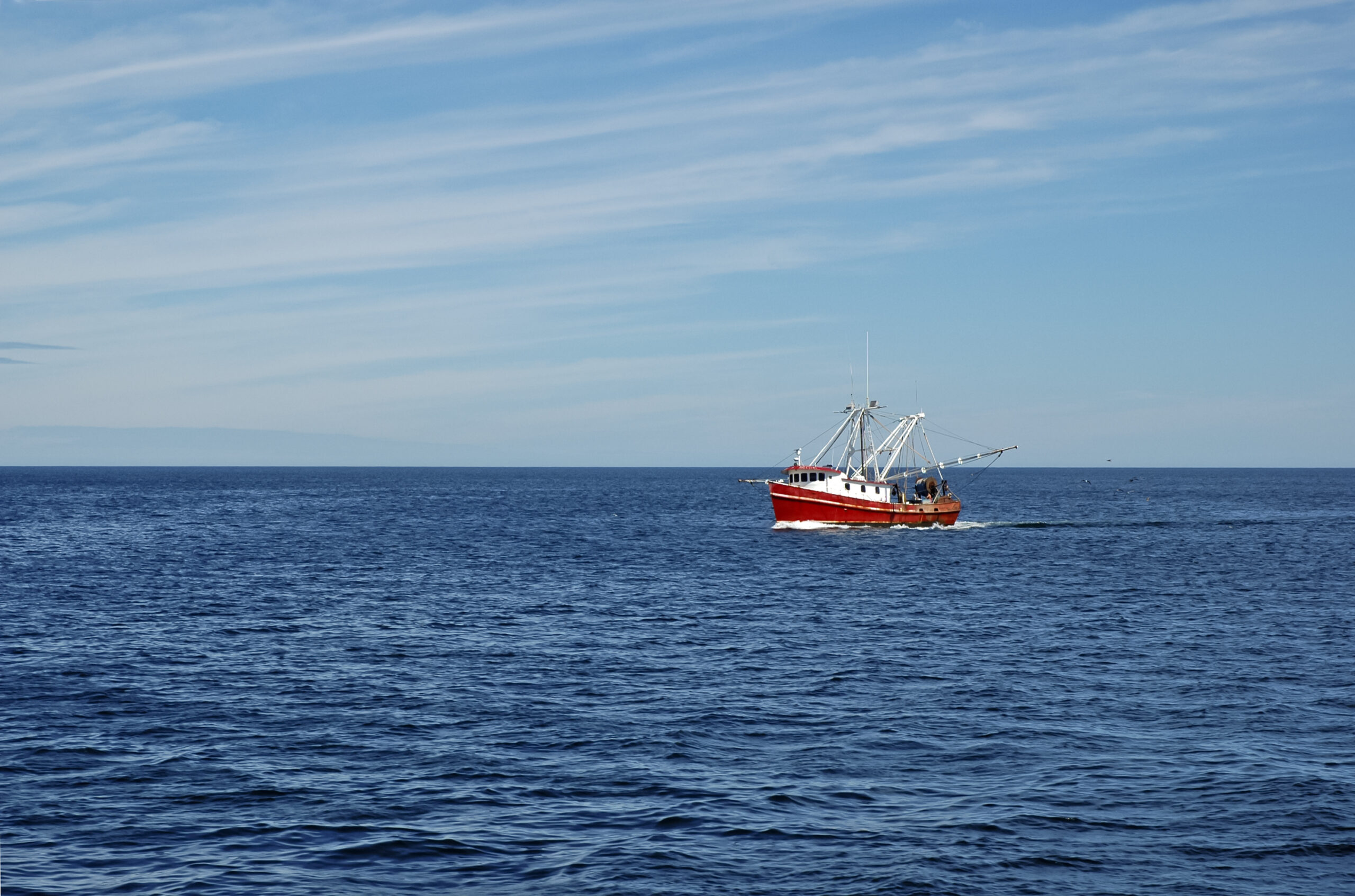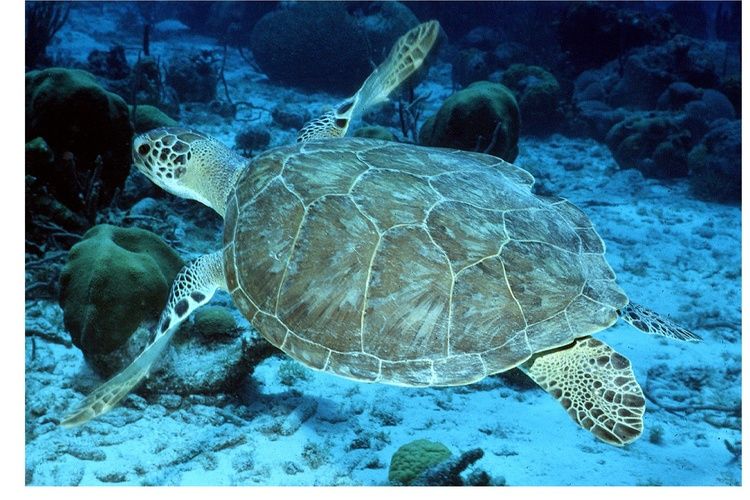Reaching New Fleets
In this round we visited 15 locations spread across Africa, Europe, America and Asia. The workshops continue to expand to more tuna
fleets, and this year we went for the first time to Dakar in Senegal and Yaizu in Japan.
We also beat our record for most participants in a single workshop, with 135 attendants in the Manta, Ecuador, workshop. Other workshops targeted smaller groups, such as those in Bermeo, Spain, where scientists had meetings with fishers company by company, to allow for the flow of information in a more familiar setting.
These
workshops use a cooperative approach in which scientists pass on information to fishers about the latest results in
bycatch mitigation practices and fishers provide feedback on novel ideas to reduce
bycatch and developments in fishing practices with
FADs.
Biodegradable Non-Entangling FADs
In this series of workshops, a principal objective was to advance towards the use of biodegradable
non-entangling FADs (BNEFADs). Fishers agreed that minimizing FAD-derived
marine pollution is an important issue and were proactive about testing
biodegradable materials.
Large-scale trials for FADs built with natural biodegradable materials (
e.g., cotton, bamboo) are underway in the
Indian Ocean, and skippers from that region provided feedback about their experience with these experiments. Further large-scale BNEFAD trials are planned for the Atlantic and Eastern Pacific Oceans this year.
Best Practices for Bycatch Release
Another theme discussed during workshops in 2018 was
best practices to release bycatch from the fishing vessel deck. Fishers shared that there is a need to develop better release equipment to facilitate safe handling of large animals like
sharks and manta rays.
One such tool is the hopper, a large tray that is used by some vessels to sort out the
catch more efficiently. Fishers using the hopper thought it was very useful and encouraged other boats to start utilizing them, too.
For small- and medium-scale purse seine vessels, these options are not viable, and other solutions need to be tailored for their kind of boats. This is the case for example with the Indonesian fleet, where most vessels are under 100
GT. In 2018, the train-the-trainer program, through which trained Indonesian scientists conduct workshops in ports spread across the Indonesian archipelago, continued in operation with workshops in ports like Bitung, Prigi and Pekalongan.
In 2019, we have just started a new round of workshops and plan to continue engaging with fishers from all over the world to improve the
sustainability of tuna
fisheries. Fishers must remain involved in developing bycatch solutions and best practices because they are the principal actors in the fishery.
For more on the ISSF Skippers Workshops in 2018, read the technical report ISSF 2019-01: ISSF Skippers Workshops Round 8.
